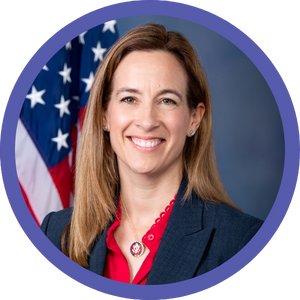 Mikie Sherrill - Democratic Candidate for Governor
Mikie Sherrill - Democratic Candidate for Governor
Q1: How do you or your family personally engage with or support artistic activities, and how might that influence your approach to policy as governor? Examples of artistic activities include, but are not limited to: personal performance or practice; attending plays or other live performances at a for-profit or non-profit theater venue; serving on a Board; attending free community arts events, festivals, concerts, school arts events/recitals, etc.
Answer: I’ve always enjoyed art, and one of the reasons my family and I moved to Montclair, NJ was because of the valued, central role art has in its culture. The Montclair Art Museum and Montclair Film Festival, just to name two examples, enhance our community, and the many authors, artists, and actors involved in the community make Montclair a wonderful place to live.
Q2: The arts have a significant economic impact and revitalizing influence on our communities and downtown areas. Do you see the arts as essential to New Jersey’s identity, resilience, and long-term prosperity? If so, do you have any specific policies for the arts and culture, or that incorporate them?
Answer: New Jersey’s arts sector and artists are essential to our state’s cultural identity and our economic strength. For generations, our state has been a place that has nurtured and fostered great artists. We are home to iconic arts institutions that serve as anchors in our communities. These venues provide opportunities for locals to experience art and culture in our own neighborhoods, while drawing residents and visitors to spend time and money at nearby restaurants and businesses. Investing in the arts, at current or even increased levels, is essential for our state’s economic and cultural future.
I would empower the State Council on the Arts to continue investing in arts organizations, ensuring that these programs have adequate support to balance the needs of large, historic institutions and smaller, new, or growing arts organizations. I would seek ways to partner with counties and local communities to strengthen existing arts access for vulnerable populations, especially seniors and children, and expand access in communities with fewer arts resources.
Q3: The arts are funded through tourist dollars generated by the Hotel/Motel Occupancy Fee. In your proposed budgets, will you work to maintain at least the current mandatory minimum appropriation levels for arts, history, and tourism funding that are set by statute?
Answer: We face critical budget challenges in the years ahead, primarily because of the significant cuts in federal funding that were the result of Trump’s budget bill. I recognize, however, the importance of the dedication of the Fee’s revenue and its impact on the arts. The funds support the state’s bedrock cultural institutions, small community organizations, and individual New Jersey artists. The arts are essential to our tourism economy and will only be more in demand as New Jersey sees increased tourism activity surrounding the World Cup and America’s 250th Anniversary. We must make every effort to maintain a sufficient level of funding to build on our successes and sustain a strong foundation to expand the arts in the years to come.
Q4: Considering cultural spending helps bring in these dollars, could you see working toward an increase in funding to generate more revenue?
Answer: I will make every effort to provide additional resources. It is clear that every dollar invested in the arts generates more than one dollar for our economy and provides an incalculable benefit to the richness of our state.
Q5. New Jersey has made strategic investments in arts and culture beyond the New Jersey State Council of the Arts, including pilot projects funded through the NJEDA to support community development and revitalization. How will your administration utilize state government assets and tools to advance arts and culture policies for greater economic impact?
Answer: I will coordinate the efforts of the Arts Council and NJEDA to make sure that they work collaboratively to advance arts-related programs that are complementary rather than duplicative. Their programs must also be informed by the arts community and seek direct engagement from arts leaders and experts on current industry trends and needs.
Q6. How will you leverage New Jersey’s robust arts and culture sector to boost economic development and tourism during major upcoming events, particularly the 250th (Semiquincentennial) in 2026 and the 2026 FIFA World Cup?
Answer: The upcoming year presents unique opportunities for New Jersey to shine on the world stage. The Semiquincentennial and World Cup are right around the corner. Our state was formed at the crossroads of the American Revolution, and that rich history can be seen in our communities, neighborhoods, parks, and monuments. And the World Cup presents an opportunity to showcase all that New Jersey has to offer.
New Jersey was central to the American Revolution, and we have an obligation to mark that history in a way that reaches people across the state and beyond. The arts can play a key role in helping us tell that story, attract visitors to historic venues, and support local businesses. If we bring artistic programming to our Semiquincentennial, we can create an inspirational commemoration that will ultimately strengthen the state’s arts community.
The World Cup presents an equally compelling opportunity for the state. Cultural festivals, performances, and similar events that are held around the matches will attract visitors to our downtowns, neighborhoods, and historic sites. Visitors who travel to New Jersey will leave with memories of both the competition and experiences that can only be found in the Garden State. By bringing the arts into the Semiquincentennial and the World Cup, we can make 2026 a year that celebrates who we are and positions New Jersey as a cultural destination long after the events have passed.
Q7. Research shows that students engaged in the arts have higher graduation rates, improved academic outcomes, and stronger social-emotional skills—while also building the confidence and problem-solving abilities essential for life. Arts education is guaranteed under New Jersey law, yet many students still lack full access. How will you elevate arts education as a priority, ensuring all students gain the creative skills and cultural understanding needed for tomorrow’s economy?
Answer: We've made great strides in New Jersey toward ensuring universal access to the arts for all New Jersey students. A complete education educates and engages the whole student, and creativity is essential, no matter which field a student intends to pursue for their career. The arts helped students remain connected through the isolation of the pandemic and can now strengthen their performance in the classroom by offering the opportunity to engage in creative expression with their classmates. Such a valued resource as arts education should be available for all students across the state to enhance their development and prepare them for the future.







